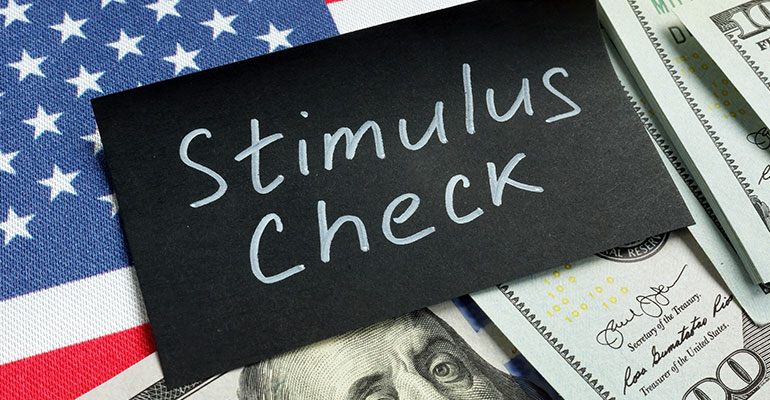
The United States government has issued several stimulus packages to help citizens during the COVID-19 pandemic. However, many Americans are left wondering whether they are eligible for a stimulus check if they owe back taxes. In this post, we will explore the details of the stimulus package, how it may impact those with back taxes, and what steps you can take if you owe back taxes and are unsure of your eligibility for a stimulus check.
Details of the Stimulus Package
The most recent stimulus package is known as the American Rescue Plan. This package includes direct payments of up to $1,400 to eligible individuals, as well as additional benefits such as expanded unemployment insurance and increased child tax credits.
Eligibility for the Stimulus Check
To be eligible for a stimulus check, you must meet certain requirements. According to the IRS, individuals with adjusted gross incomes of up to $75,000 and married couples filing jointly with incomes of up to $150,000 are eligible for the full payment of $1,400. However, payments decrease for those with higher incomes and completely phase out for individuals earning over $80,000 and married couples earning over $160,000.
Impact of Back Taxes on Eligibility
The good news for those with back taxes is that owing money to the IRS does not automatically disqualify you from receiving a stimulus check. However, there are some cases where owing back taxes can impact your eligibility.
If you owe back taxes and have not yet filed your tax return for 2020, the IRS may use your 2019 tax return to determine your eligibility for the stimulus check. In this case, if you owed back taxes in 2019, the IRS may use your stimulus payment to offset your outstanding tax debt.
Additionally, if you are currently on a payment plan with the IRS for your back taxes, you may still be eligible for the stimulus check. However, if you are in the process of negotiating a settlement with the IRS, your stimulus payment may be offset to cover your outstanding tax debt.
How to Check Your Eligibility
There are several ways to determine your eligibility for a stimulus check if you are unsure. The IRS has developed an online tool called “Get My Payment” that enables you to verify your eligibility and check the status of your payment. You can also check the status of your payment by calling the IRS hotline at 1-800-919-9835. If you have not yet received a stimulus payment and believe you are eligible, you may need to file a tax return. Non-filers can use the IRS’s Free File program to file a tax return and claim their stimulus payment.
Steps to Take If You Owe Back Taxes
If you owe back taxes and are eligible for a stimulus payment, there are several steps you can take to ensure that you receive your payment:
- File Your Tax Return: If you have not yet filed your tax return for 2020, it is important to do so as soon as possible. This will ensure that the IRS has the most up-to-date information on your income and tax debt.
- Set Up a Payment Plan: If you are currently on a payment plan with the IRS, it is important to continue making your payments. If you are unable to make your payments, you may be able to negotiate a new payment plan with the IRS.
- Contact the IRS: If you have questions about your eligibility for the stimulus payment or need assistance with your back taxes, you can contact the IRS directly. The IRS has a variety of resources available to assist taxpayers, including phone hotlines and online chat services.
- Seek Professional Assistance: If you owe a large amount of back taxes or are experiencing financial hardship, it may be beneficial to seek professional assistance. A tax professional, such as a tax attorney or CPA, can help you navigate the complex tax laws and negotiate with the IRS on your behalf. They can also help you explore other options for debt relief, such as an Offer in Compromise or an Installment Agreement. These programs allow you to settle your tax debt for less than the full amount owed or make monthly payments over a longer period of time.
Owing back taxes does not automatically disqualify you from receiving a stimulus check, but it can impact your eligibility if you owe money from a previous tax year. If you are unsure of your eligibility or have questions about your back taxes, it is important to contact the IRS directly or seek professional assistance. By taking the necessary steps to address your tax debt, you can ensure that you receive any eligible stimulus payments and work toward a resolution of your back taxes.
